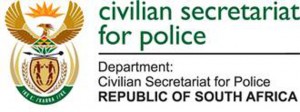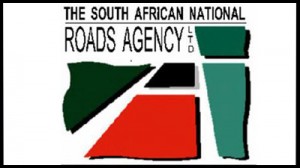Alice, Eastern Cape – Finance Minister Nhlanhla Nene says ordinary citizens must work with government in order to address the domestic challenges the economy faces.
“These challenges are domestic and thus within our control… we have direct control over the shortages of electricity, over our labour relations and over our policies,” said Minister Nene during a lecture at Fort Hare University, in the Eastern Cape, on Friday.
He said the performance of the economy and creation of jobs was not only government’s responsibility but all South Africans.
Minister Nene said the economy contracted by 0.6% in the first quarter of the year, as mining and manufacturing production fell sharply and growth in other sectors remained modest.
“Due to the strikes in the platinum sector and maintenance of petroleum refineries, the mining and manufacturing sectors – which together account for roughly 20% of GDP – contracted by 24.7% and 4.4% respectively in the first quarter,” said the minister.
“Supply side disruptions have plagued the domestic economy over the last couple of years, weakening confidence and reducing the level of investment and household consumption.”
Minister Nene said private investment grew by only 1% in first quarter of 2014, while private household consumption recorded modest growth of 1.8%.
He said the growth of the South African economy is not sufficient to address challenges of poverty, inequality and unemployment.
“Too many people remain without jobs. The most recent Quarterly Labour Force Survey shows that the unemployment rate in the country has climbed to 25.5%,” Minister Nene said.
Despite weak economic growth, Minister Nene said consumer inflation escalated, currently at 6.6%, above the SA Reserve Bank target range.
“This poses a significant risk to the purchasing power of consumers and the cost of doing business in the country. The outlook for inflation has led to the SARB starting an interest rate hiking cycle,” he said.
The National Development Plan
Minister Nene said the National Development Plan (NDP) outlines policies and actions that place the country in a stronger position to address its domestic challenges.
He said government invested heavily in infrastructure to release bottlenecks in the economy that prevented SA from producing and exporting.
“The 2014/15 budget has committed R847 billion over the next three years to address infrastructure backlogs to accelerate public infrastructure investment as part of the Presidential Infrastructure Coordination Commission’s, National Infrastructure Plan,” Minister Nene said.
He said government was opening new universities to increase the number of high skilled citizens to reduce skill shortages in the country.
“The green economy and the ocean provide new sources of economic activity, cheap energy and jobs. We are exploring ways to maximise these opportunities by providing a regulatory environment supportive of private investment,” he said.
The minister said the suite of industrial incentives has also been increased and adapted to cater for the varying needs of businesses, including process improvements, machinery upgrades, industrial finance and export promotion.
He said government has allocated R6.5 billion to fund small and medium-sized enterprises, while at the same time improving the tax regime facing SMMEs.









